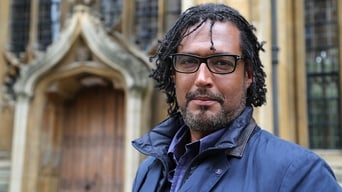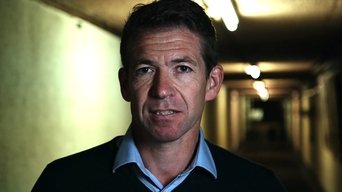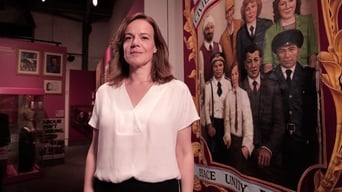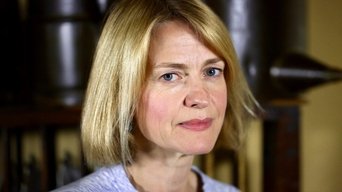
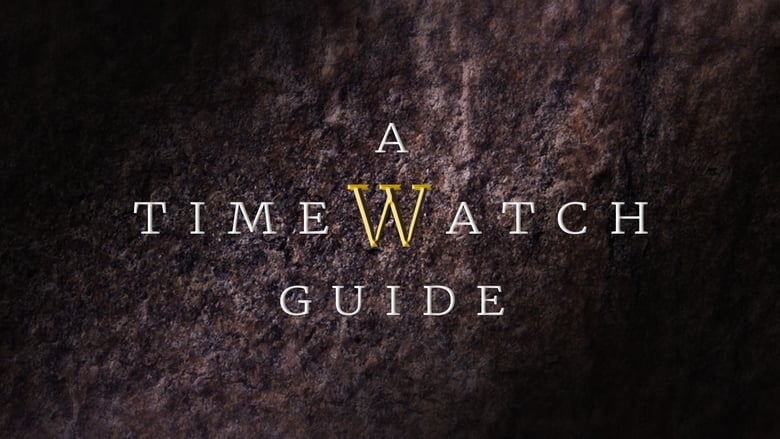
A Timewatch Guide Season 3
Series looking at how the BBC has revealed and interpreted monumental moments in our history. Using the BBC archive, the programmes examine changes in research covered in documentary television.
Watch Trailer
A Timewatch Guide Season 3 Full Episode Guide
Less than 100 years ago, the British ruled a quarter of the planet and one in five of the global population. Once, people were proud to call themselves imperialists, but now, to many, that seems like a badge of shame. In this Timewatch guide, David Olusoga examines not whether the British Empire was a force for good or ill, but rather how it has been portrayed on British television over the last 70 years. Drawing on decades of the documentary series Timewatch, plus many other gems from the BBC archive, David sees how Britain's Caribbean colonies grew rich on slave labour, how chaos gripped India post-independence, and how Africa was plundered for her mineral wealth. David investigates how film-makers through the years have represented the actions and legacy of Britain's period as the world's ultimate superpower. It used to be said that the sun would never set on the British Empire - now, long after it's gone, the arguments surrounding it are very far from being settled.
At the outbreak of war in 1939, wondering whether Russia would join the fight with the Allies, Sir Winston Churchill famously described this nation as 'a riddle wrapped in a mystery inside an enigma'. These words have almost come to define Britain's view of Russia ever since; an inscrutable power that always plays by its own rules. Military historian Saul David draws on classic Timewatch documentaries and a wide range of BBC archive to examine how television has portrayed Russia through the years. From our trusted World War II ally to the red oppressor of the Cold War, from a potential free-market friend when Communism crumbled to a new 21st-century foe under Putin, Russia has swung from friend to foe and back again - either way, we find it incredibly hard to understand her. This programme explores how arguably Britain's most complex international relationship has played out on television.
We are living through one of the greatest revolutions in history. One that has changed how we live in Britain forever, and yet many of us don't even notice it is happening. This revolution is the ongoing transformation of the rights and role of women. Historian and broadcaster Helen Castor examines the fundamental shifts that have taken place in Great Britain in this Timewatch Guide to Women, Sex and Society. Drawing on the Timewatch strand through the years plus decades of BBC archive, Helen investigates how this period of tumultuous change in our culture has been documented on television. From the heroic suffragette struggle for the female vote in the early part of the last century, right through the social and sexual rebellion of the 1960s and beyond, Helen explores how change has been driven by successive waves of feminism and activism, with each wave redefining what women want.
From the death penalty, to laws against homosexuality, Britain's criminal justice system has undergone momentous change in the last 70 years. In this Timewatch guide to Crime and Punishment, presenter Gabriel Weston examines how television has played a crucial role in documenting these seismic shifts in British law and policing. Looking back through the Timewatch back catalogue of documentaries and a host of BBC archive rarities, Gabriel discovers how historians and filmmakers have not only chronicled these profound changes in law but also managed to shape public opinion. By highlighting miscarriages of justice, like that of the wrongful imprisonment of the Birmingham Six, or by shining a spotlight on other issues of corruption and damning flaws in police procedures, Gabriel finds that television actually became a powerful agent for change.
